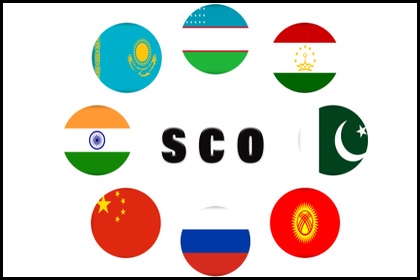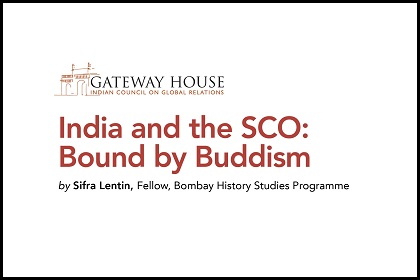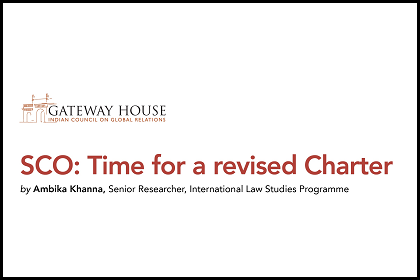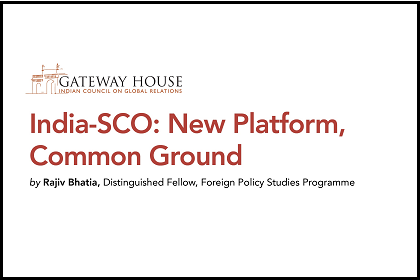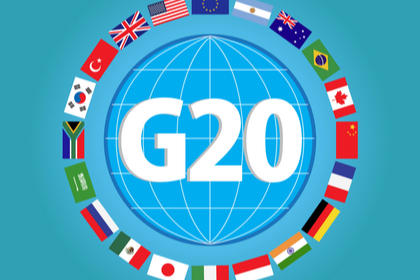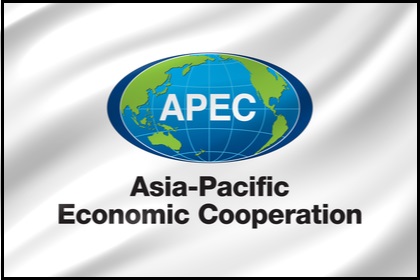SCO, in focus again
India will be hosting the Heads of Government Summit of the SCO on 30 November -the first time as host to a major SCO meeting, which it joined as a full member in 2017. The goal will be to connect the past of Central Asia and India to their present and future. The sweep of medieval history will then join the 21st century to bring prosperity to both regions.

